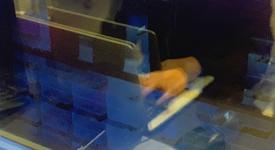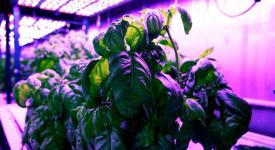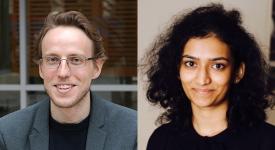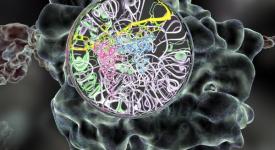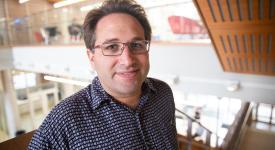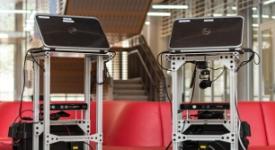New AI Sees Like a Human, Filling in the Blanks

05/16/2019 - Computer scientists at The University of Texas at Austin have taught an artificial intelligence agent how to do something that usually only humans can do—take a few quick glimpses around and infer its whole environment, a skill necessary for the development of effective search-and-rescue robots that one day can improve the effectiveness of dangerous missions.





